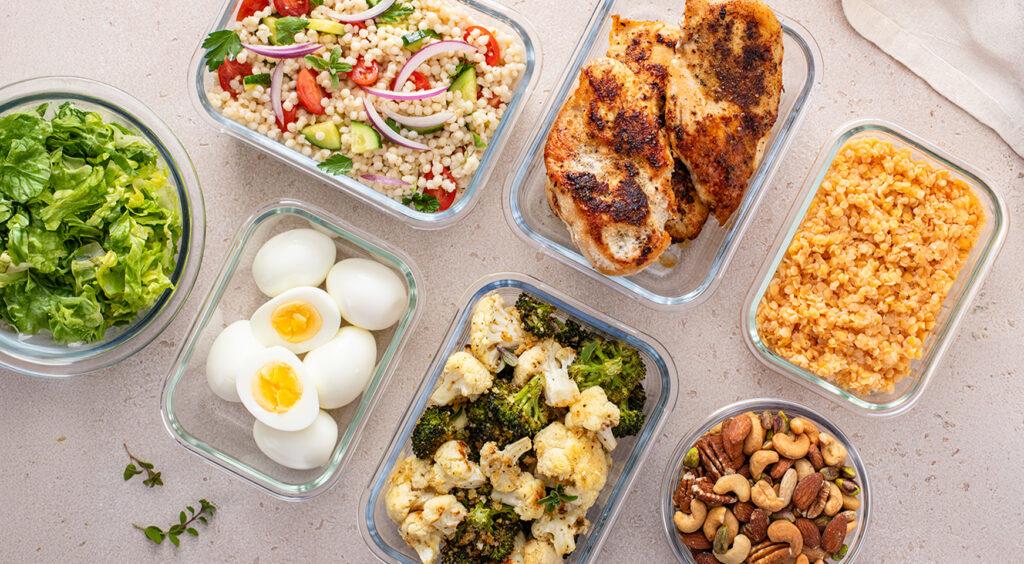What exactly is air quality, and what affects it in BC?
By Carolyn Ali

Three UBC professors – all experts with UBC’s Rapid Air Improvement Network (RAIN), who are researching solutions to improve air quality in BC and around the world – explain what you can’t see.
Air pollution affects the quality of air that we breath. Many sources of pollution affect air quality, and these vary over the course of the year, with weather, and according to where you live in BC. Your personal air quality is affected by conditions near your home, such as heavy traffic, and even inside your home.
“Improving air quality is a complicated problem,” says Dr. Steven N. Rogak, a professor who studies aerosols in UBC’s Department of Engineering. “There’s not just one single pollutant and one single effect. And the importance of different air pollution types changes: it’s not the same for every person in Vancouver every single day of the year.”
Pollution is made up of different combinations of particles and gases, such as ground-level ozone and nitrogen dioxide. “In general, when you burn something – whether it’s gasoline, diesel or wood – it makes particles,” explains Dr. Christopher Carlsten, a professor of respiratory medicine with UBC’s Department of Medicine. This particulate matter (PM) is particularly harmful to our health. The BC Air Quality Health Index looks at a mixture of pollutants to indicate health risks in different communities.
Air pollution sources in BC
Dr. Michael Brauer, a professor in UBC’s School of Population and Public Health and one of the researchers behind the updated WHO Global Air Quality Guidelines, notes that in recent years, wildfire episodes have had a major effect on BC’s air quality. Outside of wildfire season, burning of forest waste also contributes to compromised air quality.
Some people might be surprised to learn that residential wood burning, mainly in small BC communities, contributes significantly to reduced air quality in BC. More than a quarter of all fine particle emissions in the Metro Vancouver region now come from wood-burning fireplaces and stoves.
Then there’s emissions from motor vehicles, construction equipment, industry and marine vessels and rail terminals. A UBC study found that in Vancouver, Indigenous and low-income residents are highly concentrated in areas that have higher cumulative air pollution indicator scores.
How weather and location affect air quality in BC
“In general, as you move further inland from the coast, air quality tends to get worse as it’s not diluted by the sea breeze,” explains Dr. Brauer. “Low-lying areas, such as parts of Richmond, can also be bad and smoke tends to settle and cool in valleys.”
Heat waves generally bring high levels of pollution because they are associated with a period of stagnant air, causing smog to hang over the city. Foul smells can indicate the presence of health-harming pollutants. UBC RAIN researchers Dr. Naomi Zimmerman (RAIN’s co-principal investigator) and Dr. Amanda Giang are working on learning more about the link between smell and air quality in Vancouver.
Indoor and personal air quality
Outdoor air pollution affects indoor air quality, and vice versa. “Indoor pollution is a mixture of what comes in from the outside and what you are producing on the inside,” Dr. Rogak explains. “If you have a gas appliance like a gas stove, that will produce ultrafine particles, so use a range fan.” Ventilating indoor spaces is also important when using chemical cleaning products.
The RAIN team is in the process of developing information tools to help people better understand their personal exposure to air pollution.
Learn about why protecting air quality in BC matters to your health
Carolyn Ali is a writer for UBC Brand and Marketing. With files from Lou Corpuz-Bosshart and Sachintha Wickramasinghe, UBC Media Relations. This article was published on March 10, 2022. Feel free to republish the text of this article, but please follow our guidelines for attribution and seek any necessary permissions before doing so. Please note that images are not included in this blanket licence.


